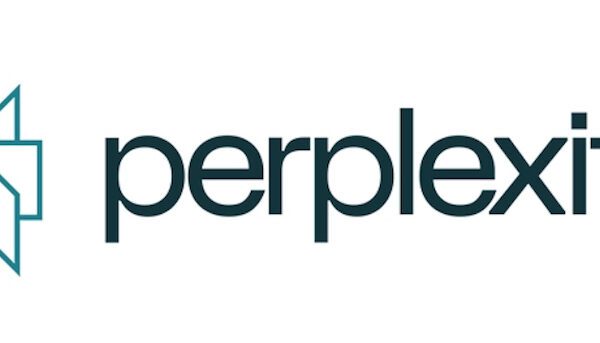
The path from unemployment to employment has several steps, and for most, the first step after application is the job interview. The primary function of the interview is to allow the hiring manager to interact with candidates in order to determine if their qualifications and experience are a fit for the job’s requirements, as well as how they might fit into or add to the company’s culture and values.
However, the job interview has a secondary function, but equally important for job seekers – the chance to interview the interviewer. The questions job seekers choose to ask in the interview are of paramount importance for two reasons:
- They demonstrate candidates’ preparation for the interview and interest in the job and company.
- They balance the scales in candidates’ favor, allowing them to determine if the job and company are truly a good fit for them.
As a job seeker, choosing the right interview questions should be part of your interview preparation. Though there are many articles and blogs listing questions that candidates should ask in interviews, choosing the right ones and tailoring them to the role, the employer and your individual needs will help set you apart from the competition. Let’s look at nine best practices for asking questions in job interviews.
1. Ask About Job Duties and Expectations
Hiring managers love inquisitive minds. They want to know you’re interested in the role beyond what you’ve been told and that you’re anxious to learn more. Prepare questions on what the role will involve and what will be expected of you.
2. Ask About Learning and Growth Opportunities
Employers don’t want to hire people who are satisfied working the same job for the rest of their careers. They want to hire employees who are interested in constantly learning, growing, and evolving. Show the interviewer that this is a priority by asking about training, continuing education, and mentoring opportunities.
3. Ask About Company Culture and Values
Asking a generic question about a company’s culture is predictable, but tailoring the question based on elements of the culture that the company is known for or that interest you shows you’re familiar with the employer brand. Every company has values that are ingrained in their culture and essential to their employees. By showing interest in them and how they align with your values, you show that you’re interested in more than just a paycheck.
4. Ask About Success
Finding out how the interviewer defines success, what makes others successful at the company, and what will define success in the role for which you’re interviewing demonstrates your interest in achieving the same.
5. Ask Follow-Up Questions
While preparing questions in advance is essential to a successful job interview, it’s also a good idea to ask questions based on topics that you just discussed with the hiring manager. By following up on these topics later in the interview, it shows you were astute enough to take note of specific details in the conversation, and inquisitive enough to want to know more.
6. Don’t Ask Anything That’s Easy to Research
By asking overly simplistic questions about the company that can be answered with a quick Google search, it shows you weren’t willing to do any advance research or put any thought into preparing your questions. The same goes for questions about the role that can be answered by reading the job description.
7. Don’t Ask About Salary or Time Off
It’s never a good idea to convey a “what can YOU do for ME” attitude in a job interview, and calling attention to salary, benefits, or time off does just that. Though you will make the ultimate decision as to whether or not to accept an offer, keep the focus on the job, the company, and how you can contribute to both until the interviewer broaches these subjects or after an offer is made.
8. Don’t Ask Anything Predictable
If a question is general enough to be asked by any candidate at any job interview for any company, it’s probably not a good question. Spend time preparing your questions to ensure they are unique to your situation; they make the interviewer think and show you did your homework.
9. Don’t Ask Anything Controversial or Negative
If the company or one of its leaders has been in the news recently for the wrong reasons, don’t call attention to it in the job interview. Though this may be a valid reason for rejecting a job offer, posing questions to the interviewer about scandalous news or controversial topics won’t work in your favor.
How you respond to a hiring manager’s inevitable closing interview question, “Do you have any questions for me?” can make or break your chances of landing a job offer. In addition, it’s an often-underutilized opportunity to demonstrate knowledge of and interest in the job and company, gain an advantage over your competition, and determine whether or not it’s where you want to spend the next several years of your career. By preparing questions in advance tailored around subjects that employers use as determining hiring factors, you can control the direction of the interview and, as a result, the direction of your career.





